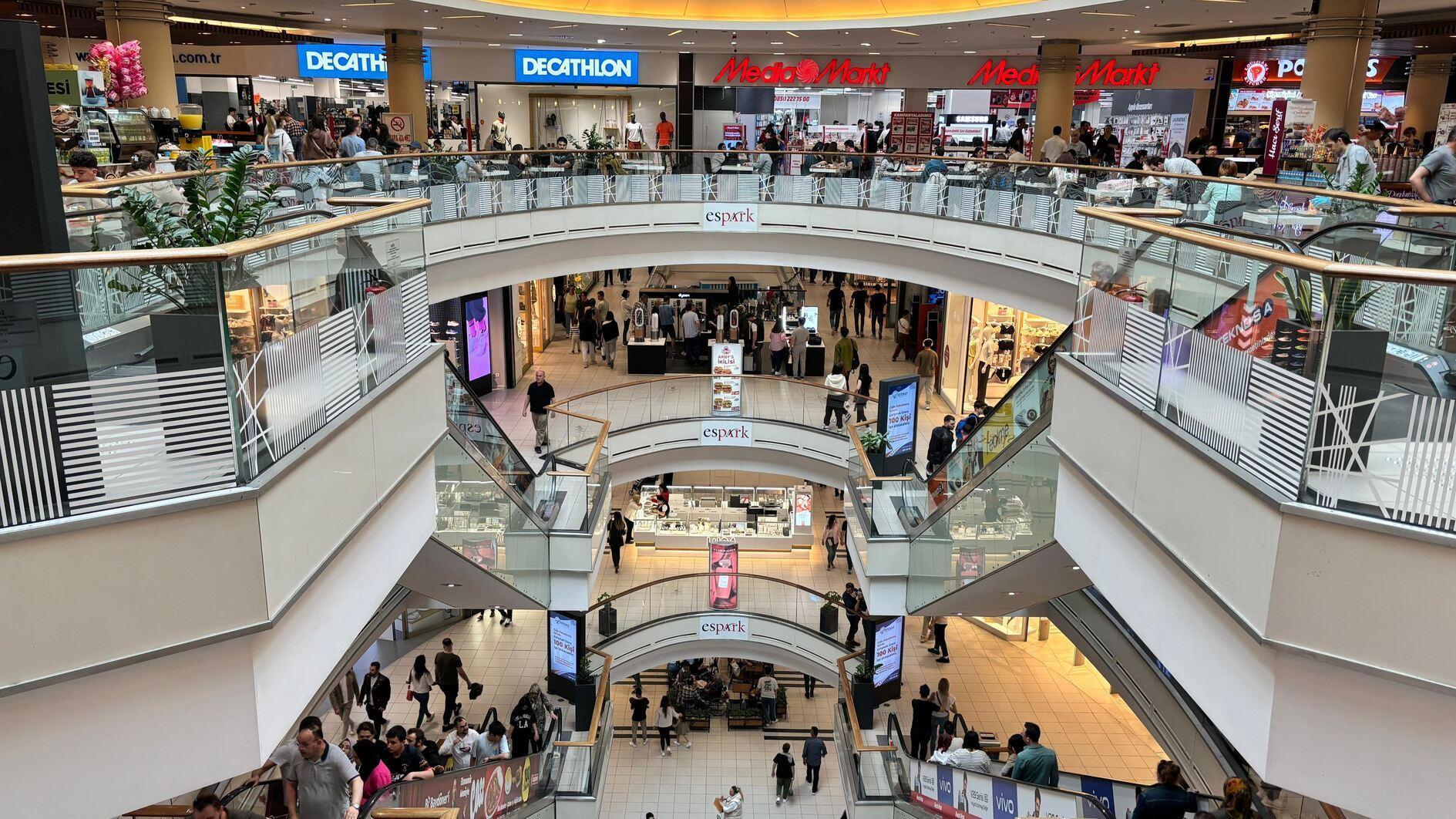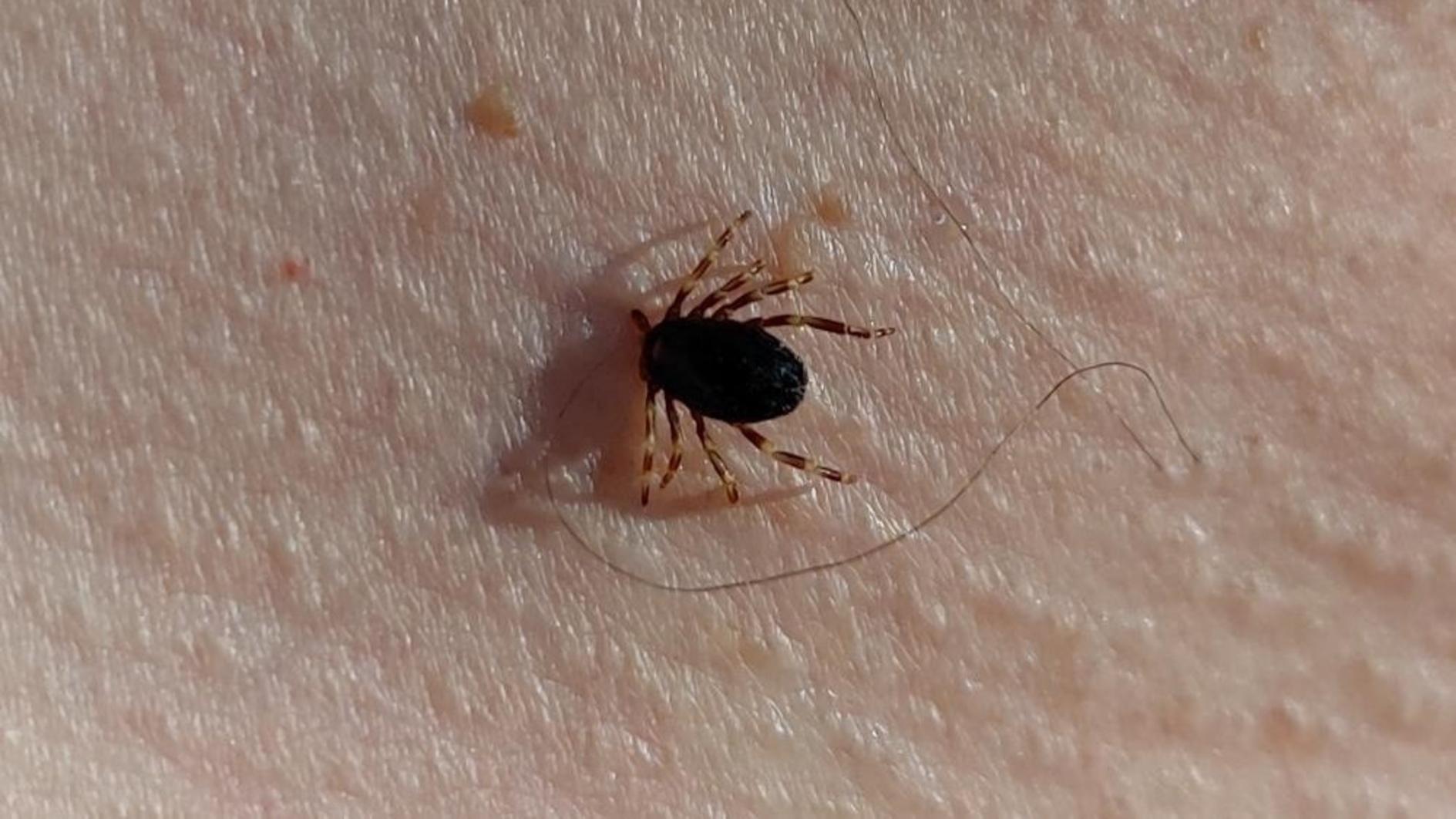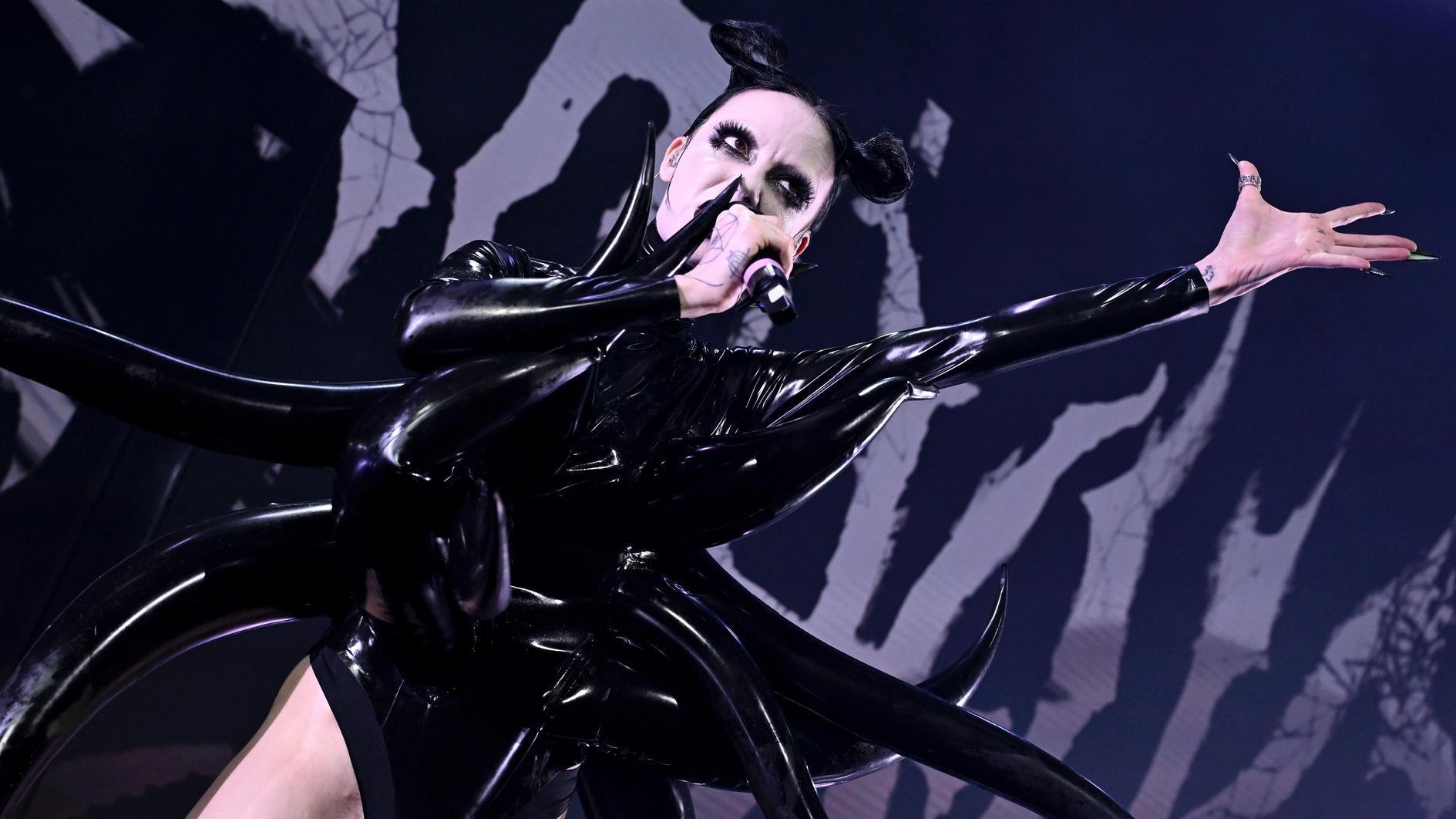EU Parliament shows full support for Kurdish solution
STRASBOURG

European Commissioner Stefan Füle. AA Photo
Members of the European Union Parliament expressed full support for the solution of the Kurdish problem, highlighting both its regional importance and the vitality for the Turkey’s accession process in a plenary session.The session also focused on finding a peaceful solution to the problem, and the majority of the parliamentary members took turns voicing support for the process, underlining the burden that falls on both sides of the problem.
European Commissioner Stefan Füle said at the “Dialogue for peaceful solution to the Kurdish problem” in Strasbourg that “the successful completion of peace talks will speed up Turkey’s EU membership negotiations.”
“We underlined that finding a solution to the Kurdish issue requires the widest contribution,” he said. “The discussions are of historic importance, and constitute a great window of opportunity for ending terrorism.”
The Kurdish community was also called on to distance itself from the Kurdistan Workers’ Party (PKK), and to denounce all violence for a better chance at peace.
EU Presidency Minister Lucinda Creighton’s assured EU’s stance against “all forms of terrorism.”
“The EU condemns all forms of terrorism and works closely with Turkey against it,” Creighton said.
Members of the Parliament also encouraged Turkey and Kurdish communities to not “distract” themselves from peace, despite opposing attempts from factions that do not want peace to come.
The killing of three Kurdish women on Jan. 9 in Paris was brought up by countless members, with the majority of them labeling the acts as an attempt to derail talks.
Creighton said obstacles remained, including sides that oppose peace, but both sides “should not allow” such acts to distract the process. The role of the solution process in Turkey’s accession plans was also touched upon during the session, with Füle expressing a strong relation between the two ambitions.
Few parliamentary members showed discontent in including the issue of Turkey’s accession in the debate, with members citing Turkey’s outspoken disappointment of recent European reports on the development of the country.
The session closed with Creighton’s speech that focused on the need to achieve “a much-needed break through.”
“Settling the conflicts in our neighborhood is not just in our interest, but in Turkey’s as well,” Creighton said. “It is important that all EU institutions and all members’ states will be watching the progress very closely.”
Both parties were called on to contribute to the process, with Turkey’s recent political and judicial reports garnering positivity among some the members while speakers remained skeptical on the government’s recent human rights track.
The recent arrest of journalists and arrests of politicians for speaking Kurdish during campaigns were cited by various members.
Turkish government was called to contribute toward “a sustainable ongoing dialogue with Kurdish representatives” by overcoming human rights problems that have surfaced in the country in the last couple of years.
The Peace and Democracy Party (BDP) welcomed such support from 42 EU parliamentary deputies who spoke at the session, Nazmi Gür, a party official told the Daily News on the phone.
We won't block the process: BDP co-chair
After the session, BDP co-chair Selahattin Demirtaş held a press meeting where he reiterated that his party was ready to contribute to the process by any means necessary. “We won’t be the side who blocks and delays the process,” said Demirtaş, while urging the government to allocate more frequent visits to Imrali island, where the PKK leader is jailed, in order to facilitate talks.
Demirtaş also called on the government to hasten investigations into the killings of three Kurdish women in Paris on Jan. 9, including Sakine Cansız one of the co-founders of the PKK. He emphasized that the uncertainty surrounding the case was slowing down the peace process.
Meanwhile Turkish Prime Minister Recep Tayyip Erdoğan said it would be the Ministry of Justice who decides who will travel to İmrali island, in comments made earlier to earlier today in response to a statement from Demirtaş regarding the delegation expected to visit imprisoned PKK leader Öcalan.
“We don’t have time for those who want to cast a shadow on the resolution process,” Erdoğan said in Ankara after returning from Slovakia, the last stop of his bilateral visits to three Central European countries.
















